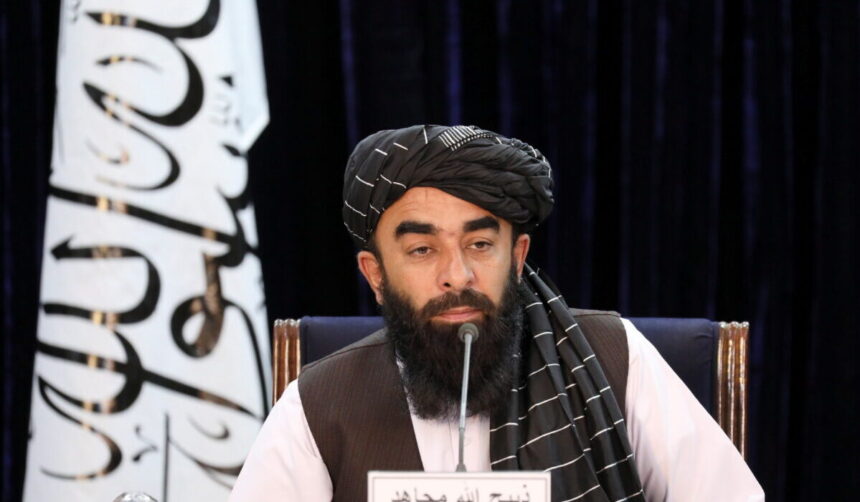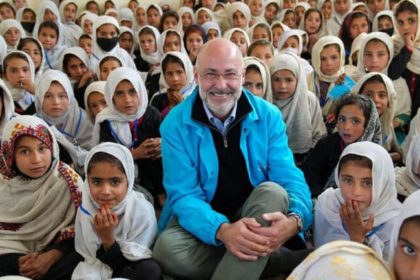RASC News Agency: In response to concerns raised by the United Nations Assistance Mission in Afghanistan (UNAMA) regarding the extensive restrictions imposed by the Taliban through their newly ratified law, Taliban spokesperson Zabihullah Mujahid dismissed these concerns as “baseless,” asserting that they would have “no impact on the enforcement of these laws.”
Mujahid emphasized, “No one should be apprehensive about the implementation of these Islamic laws; no acts of aggression, oppression, or injustice will be committed against anyone.” The Taliban maintain that these laws do not impose “any restrictions on anyone.” This statement comes in the wake of comments made yesterday by Roza Otunbayeva, the head of UNAMA, who criticized the Taliban’s newly ratified “Law on the Promotion of Virtue and Prevention of Vice,” describing it as an “arbitrary enforcement structure.”
In a statement expressing deep concern, Otunbayeva warned, “This law presents a troubling vision for Afghanistan’s future, where Taliban moral inspectors are empowered to threaten and detain individuals based on a broad and sometimes vague list of violations.” The ratification of this law by Hibatullah Akhundzada, the Taliban’s supreme leader, has sparked widespread apprehension.
The Taliban’s “Law on the Promotion of Virtue and Prevention of Vice,” which spans 114 pages and 35 articles, imposes new restrictions on the rights and freedoms of Afghanistani citizens, particularly women, while granting significant authority to the Taliban’s moral inspectors. Under this law, the Taliban’s moral inspectors are empowered to arrest, punish, and imprison individuals, including women.
The law defines women’s voices as “awrah” (something to be concealed) and dictates that women should not speak in public places where men are present. Despite these draconian measures, the Taliban regime insists there is no cause for concern. Their belief is that all women should remain at home and that men should conform to their prescribed appearance and mindset. In sociology, this is referred to as “social homogenization.” Thus far, the Taliban have pursued ethnic homogenization by ensuring that 95% of the cabinet and government institutions are “Pashtun,” and now it is the turn of the country’s women, who are expected to dress like Pashtun tribal women and remain confined indoors. However, when anyone dares to object to this archaic law, they are promptly silenced, being told they have no right to question it, as it is supposedly the demand of religion and Sharia.






